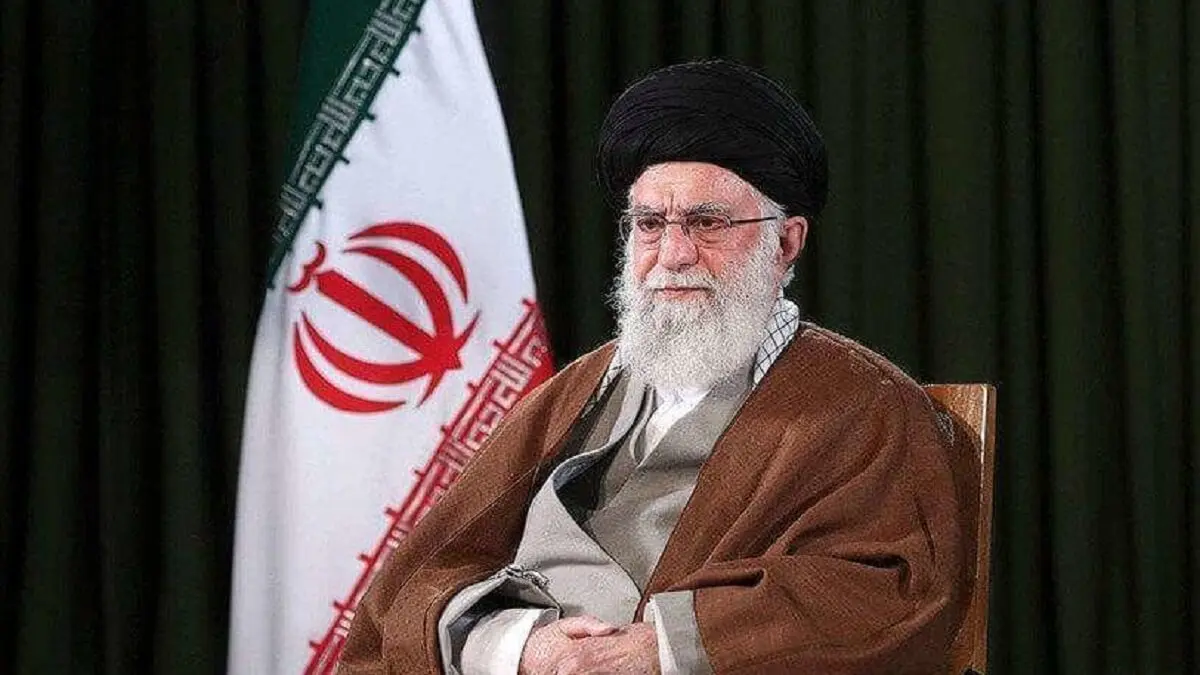Release of iranian terrorist diplomat: a black day for Belgium

The Belgian Constitutional Court had explicitly ruled that the Belgian government should inform the plaintiffs of Assadi's release so that they could take the necessary legal action. But the government refrained from doing so. The release of an Iranian regime diplomat personally implicated in the attempted bombing of a rally of 100,000 people is undoubtedly a fatal blow to the rule of law and human rights.
For forty-three years, this regime has not stopped practising hostage-taking and terrorism.
The use of hostages in exchange for dangerous clerical terrorists imprisoned around the world is part of the mullahs' diplomacy of blackmail and pressure.
The firm judicial decision against this terrorist diplomat and three of his accomplices for planning a massacre in the suburbs of Paris against a peaceful gathering of the Iranian opposition, led by Maryam Rajavi, explains the need to find something to feed the crocodile.
Speeches from 2009
Who does not know that hostage-taking is a policy of extortion and pressure on Western countries for concessions? Hostage-taking is inherent to the survival of this regime. In a speech on 4 November 2009 on the seizure of the US embassy in Tehran, Mohammad Ali Jaafari, former commander of the Revolutionary Guards, explicitly acknowledged that the operation had been planned. He claims that, without the hostages, the regime would have fallen within the first ten years. "Only some of our officers and a limited number of our revolutionary leaders, including the Supreme Leader (Khamenei), were strongly in favour of this revolutionary act," Jaafari said, before adding, "Without the hostage crisis, our revolution would not have reached forty years, and the revolution would have ended in its first decade."
Giving in to blackmail reinforces the practice of hostage-taking. Feeding the crocodile makes it more voracious.
Giving in to blackmail reinforces the practice of hostage-taking. Feeding the crocodile makes it more voracious. The clerical regime has never given up this despicable business, which has brought it enormous profits for forty-three years.
So we should not ask the Iranian theocracy, which adheres to no international standards, whether it has a red line for terrorist acts outside its borders. Instead, we should ask those who have remained silent and turned a blind eye to this dictatorship where their own red line is.
Climate of terror
Having reached a dead end, the Iranian regime is incapable of the slightest reform, as this would undermine Khamenei's power and bring about the fall of the dictatorship. The measures taken by Tehran to preserve its power only serve to intensify discontent and fuel the uprising. It has no choice but to resort to extreme repression.
The mullahs use these killings to create a climate of terror and block the uprising.
The regime has launched another appalling wave of executions. According to official figures, at least 120 prisoners were hanged in May, i.e. one execution every 5 hours.
The mullahs use these executions to create a climate of terror and block the uprising. However, this does not stop Iranians from protesting.
On the other hand, we are witnessing a lack of reaction from the European Union and its Member States: is it not one of the EU's well-known principles to oppose executions? Why, then, when it comes to Iran, do economic interests and political considerations minimise the importance of the human rights situation?
Did the Second World War not teach us enough about the high and bloody price humanity had to pay for the complacency of some with Nazism and fascism?

